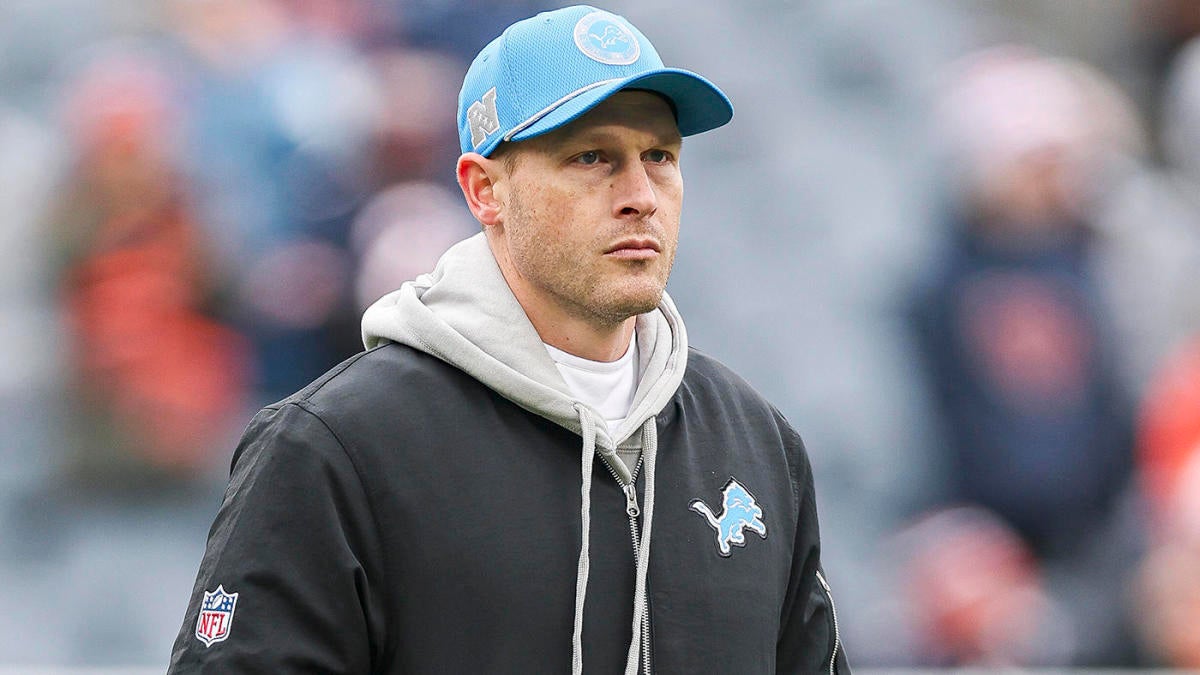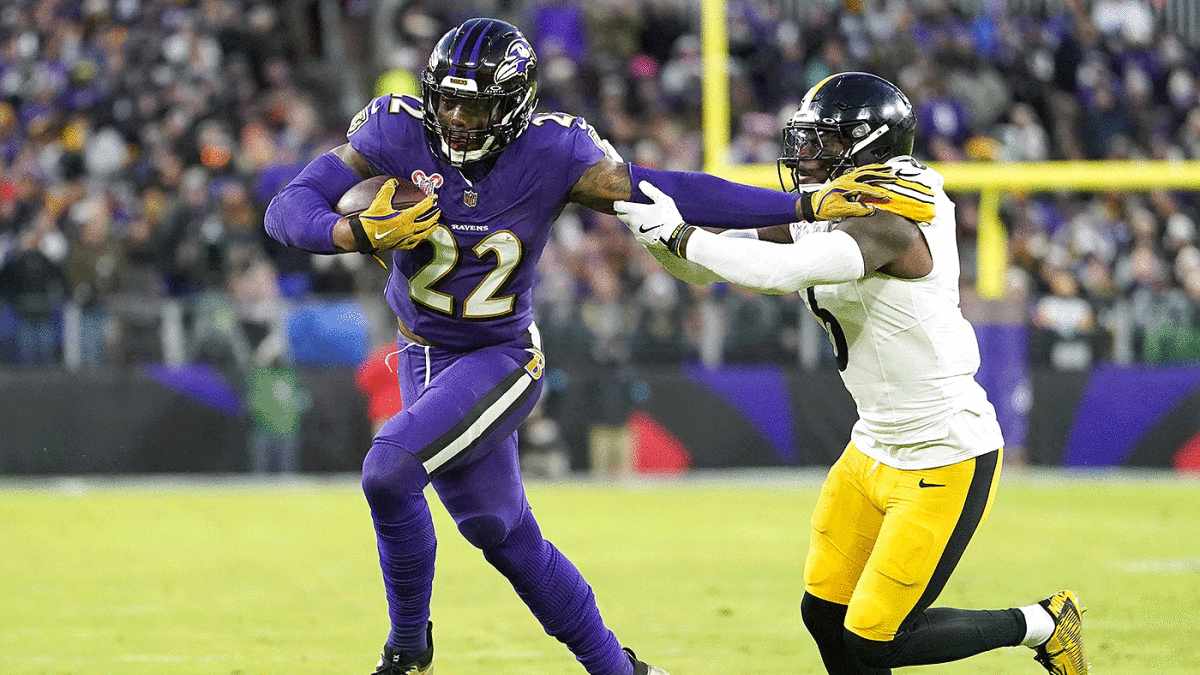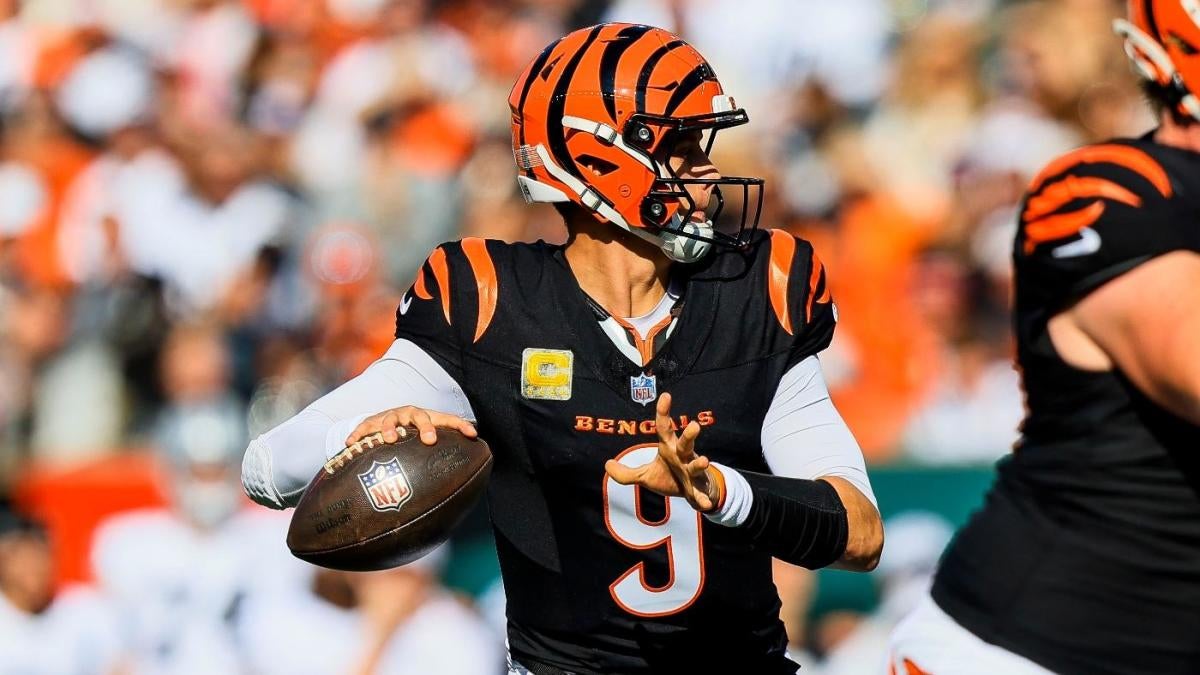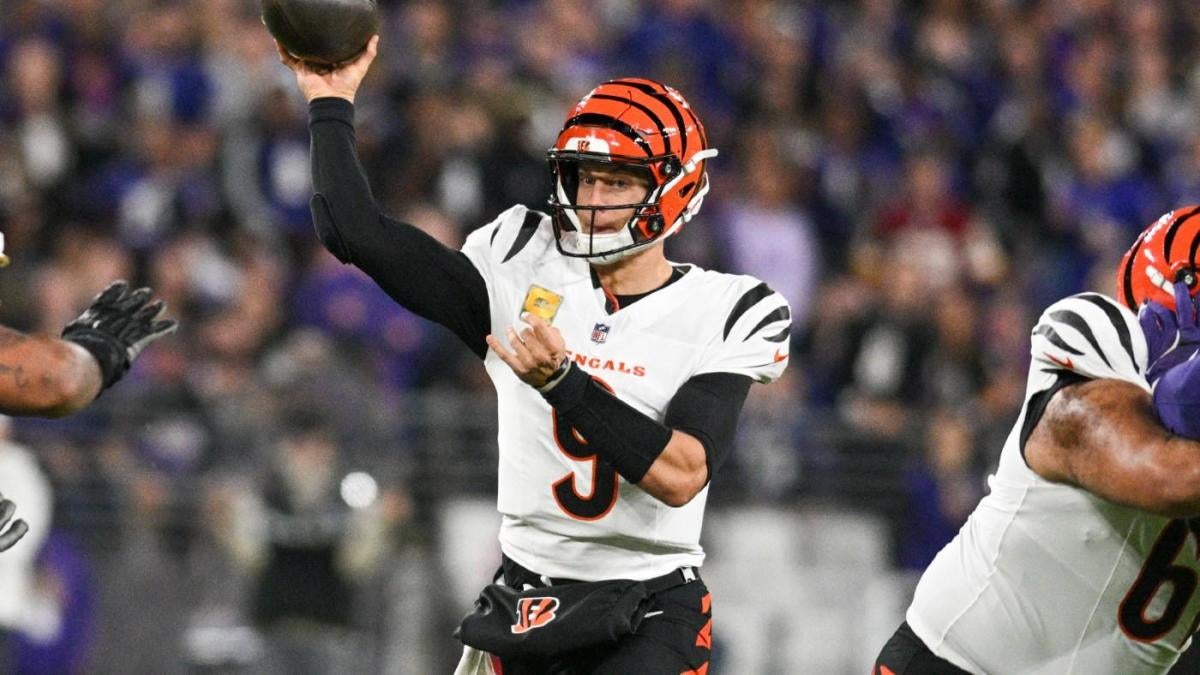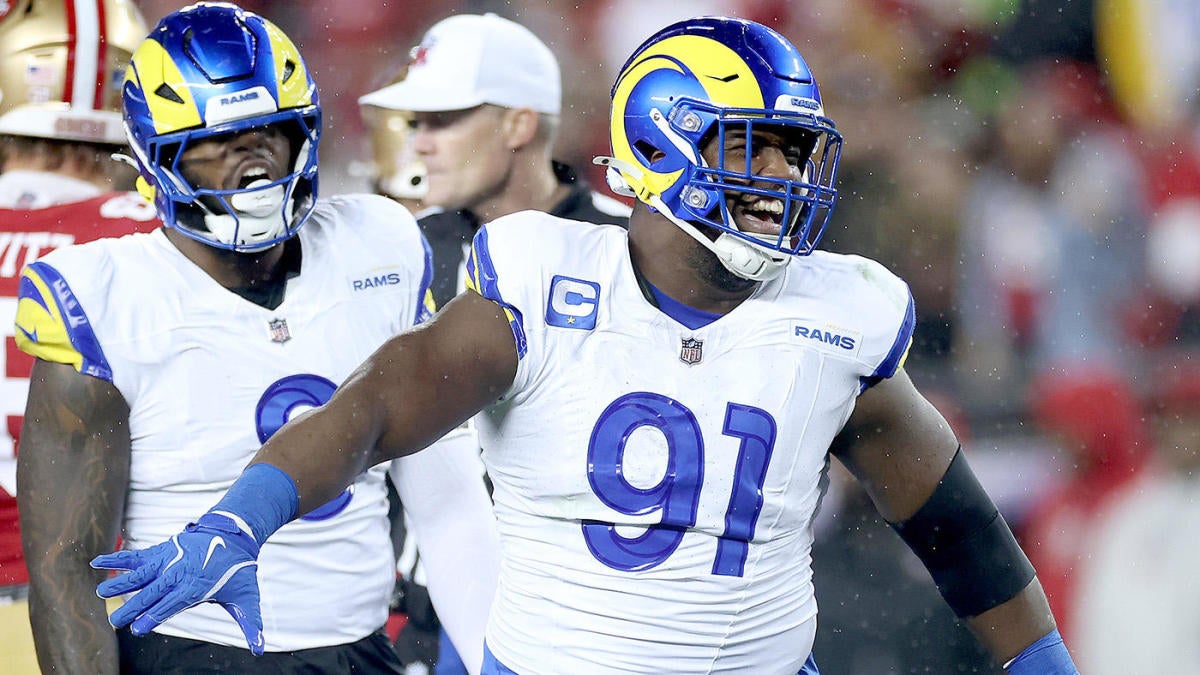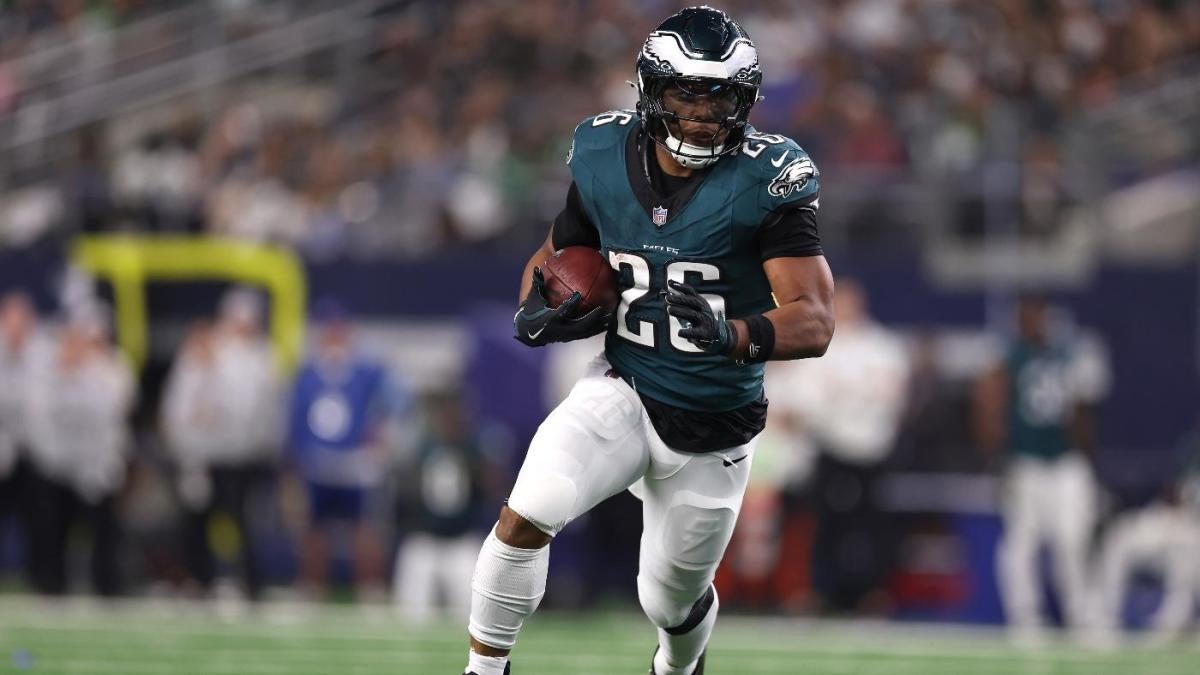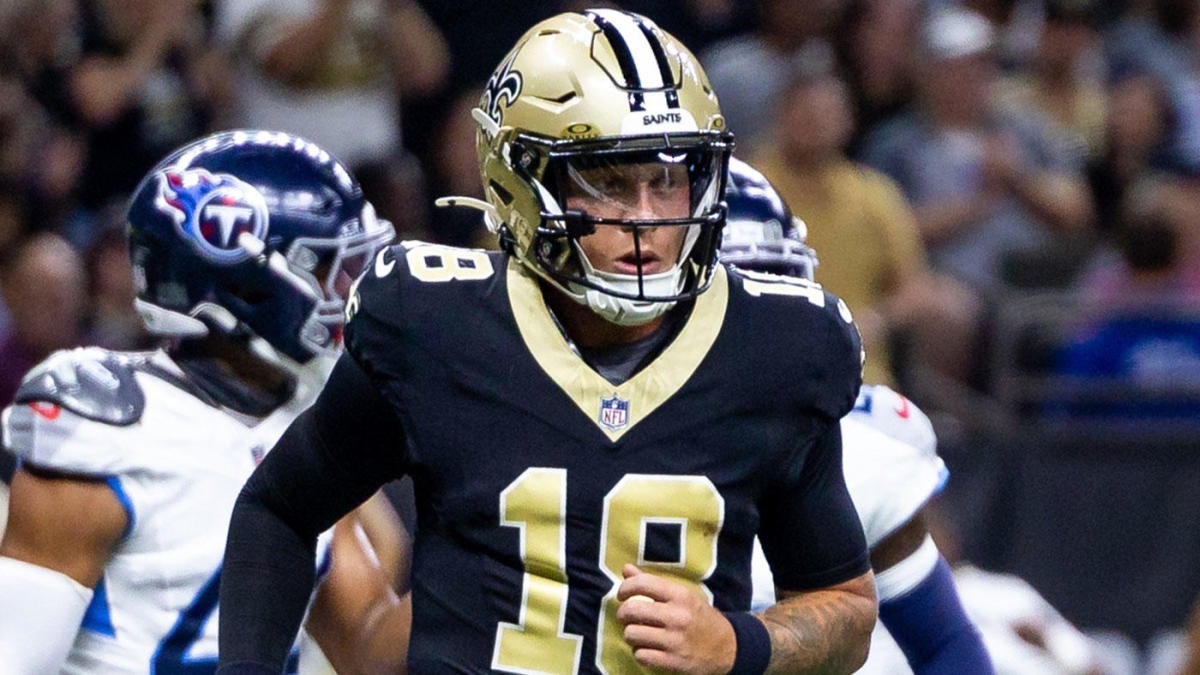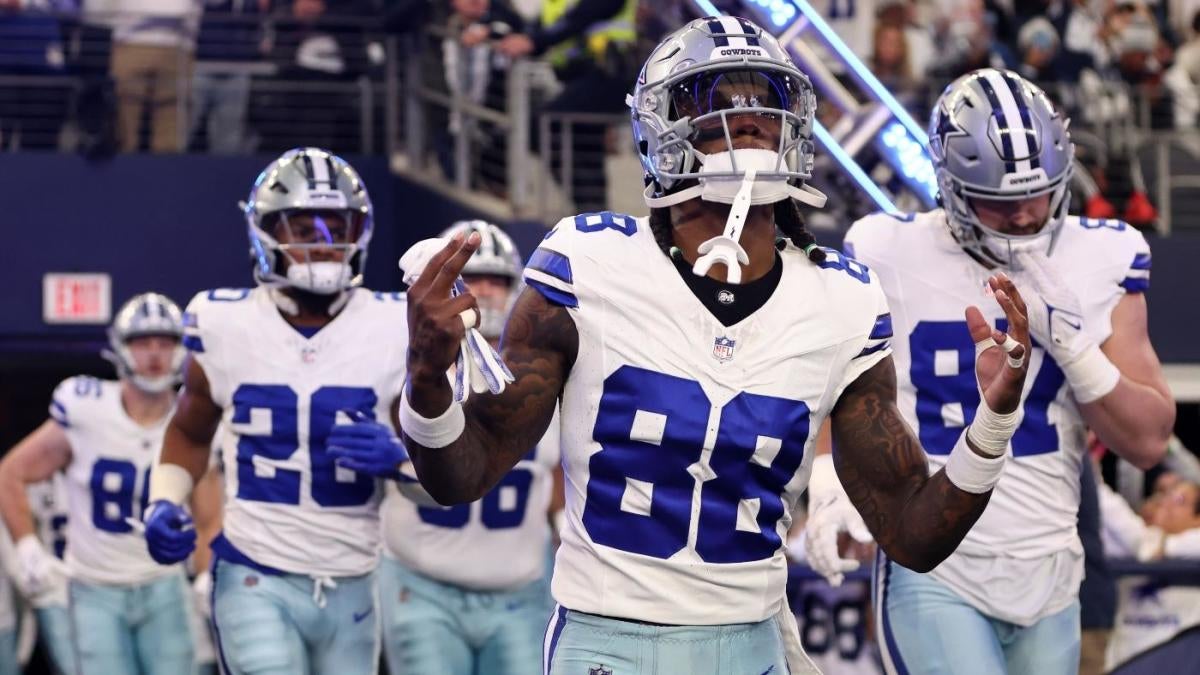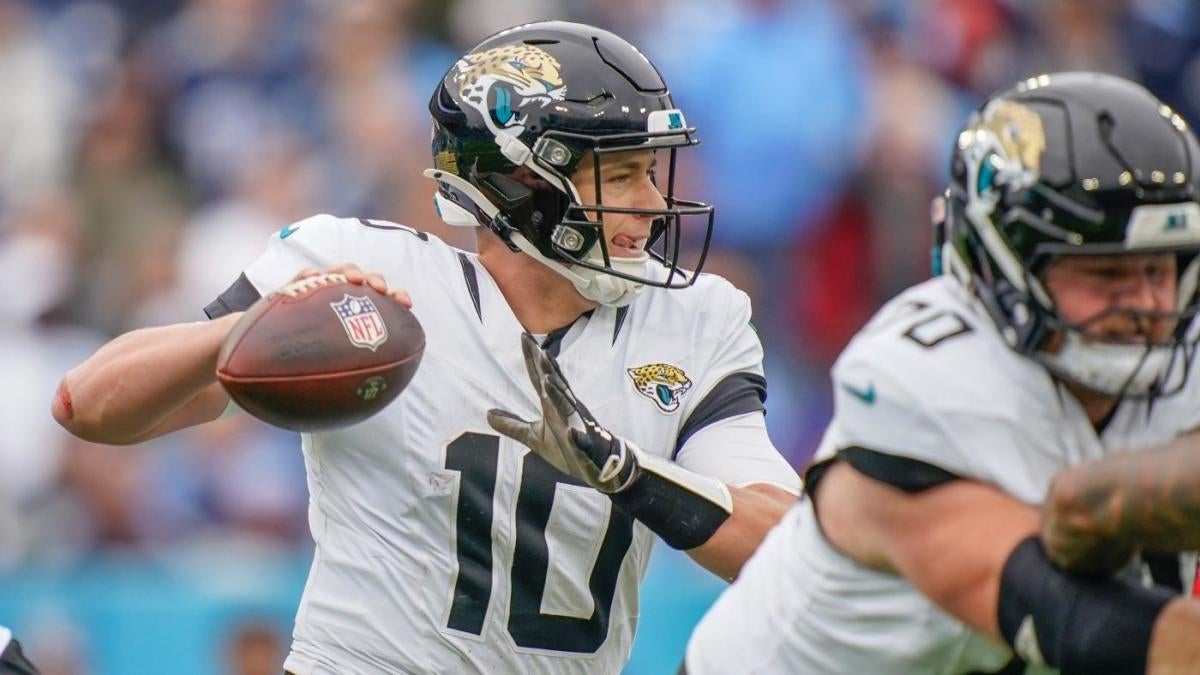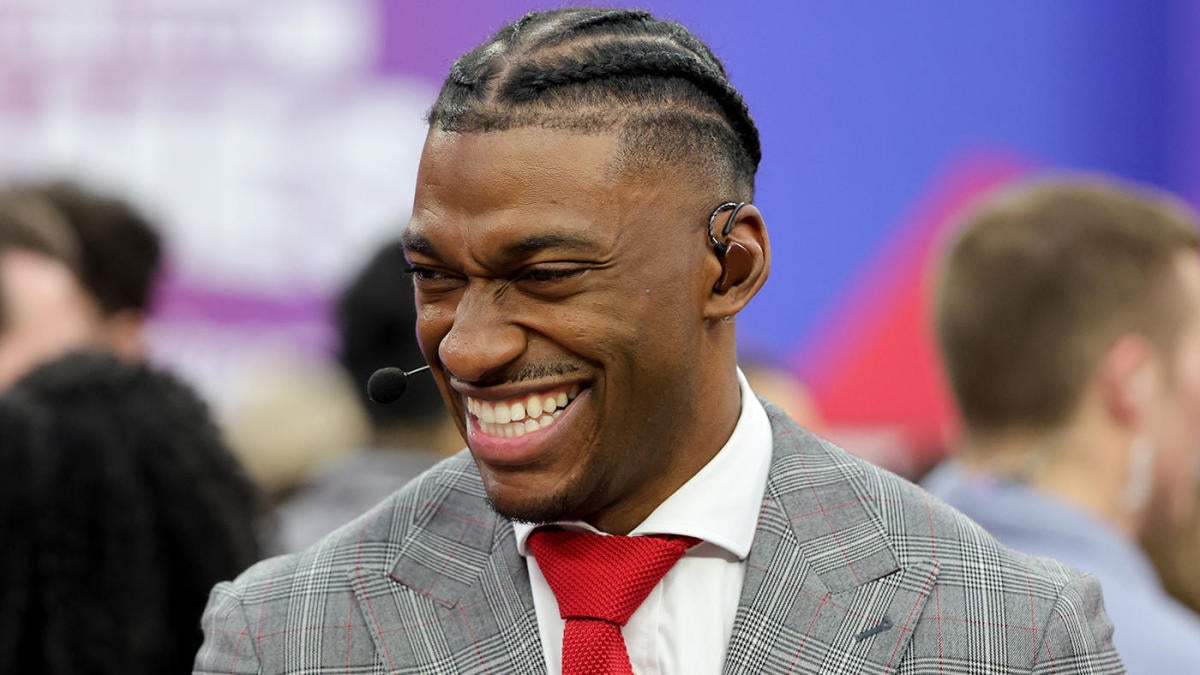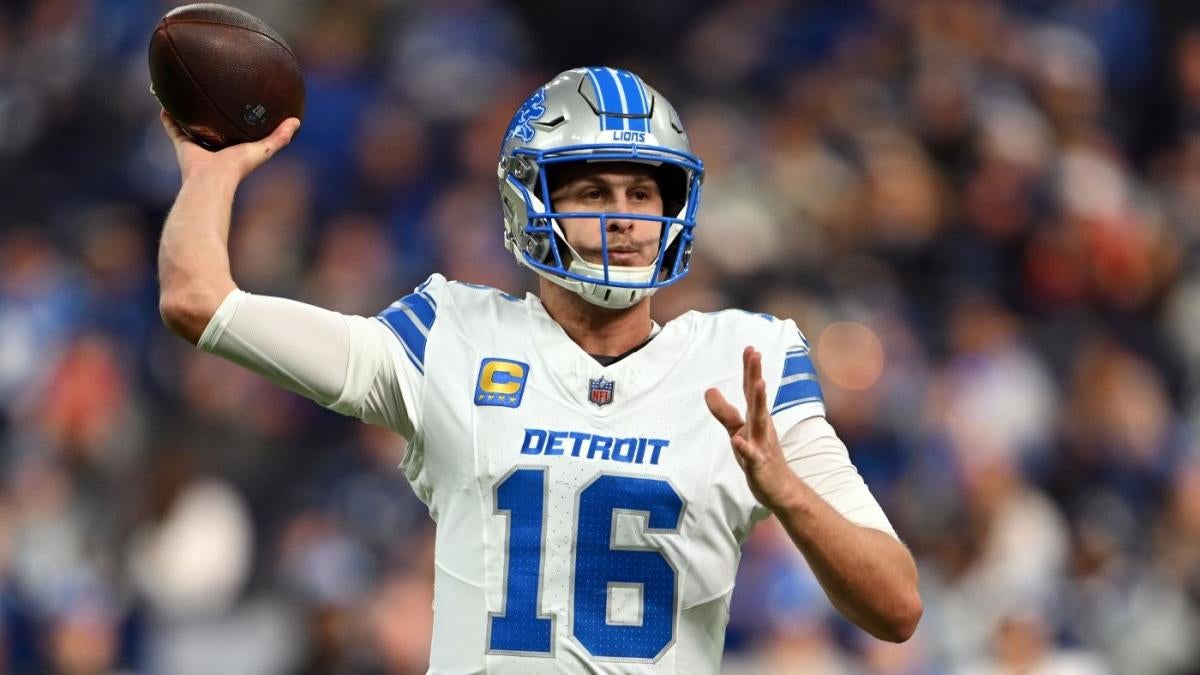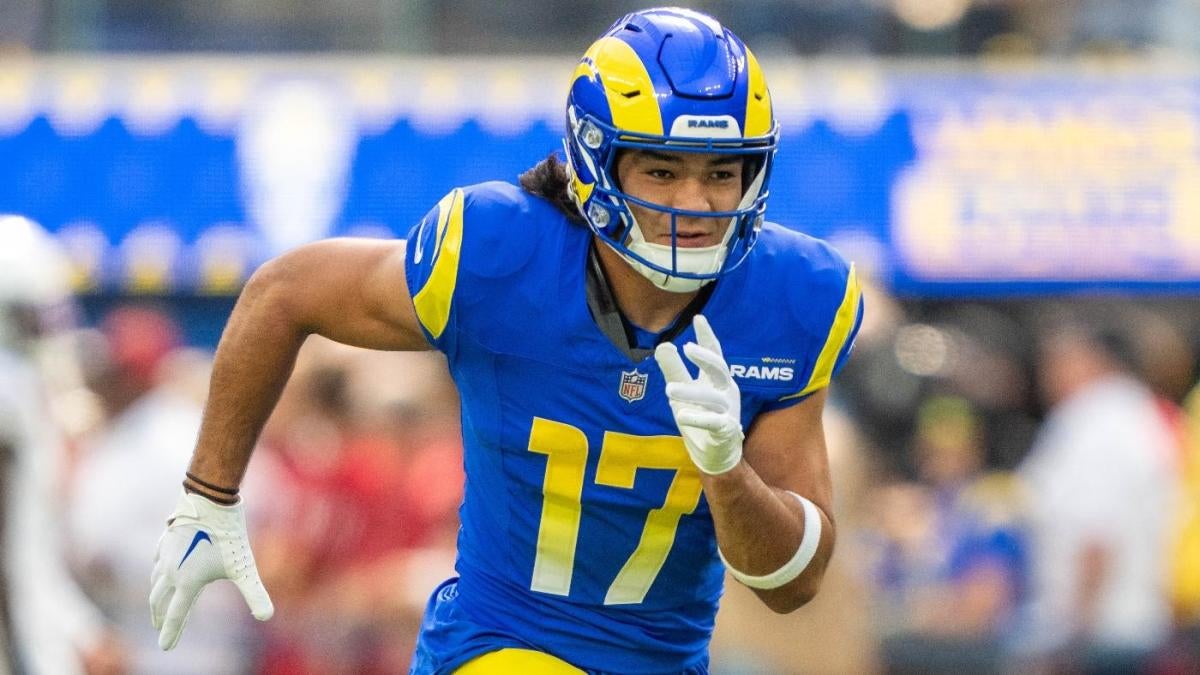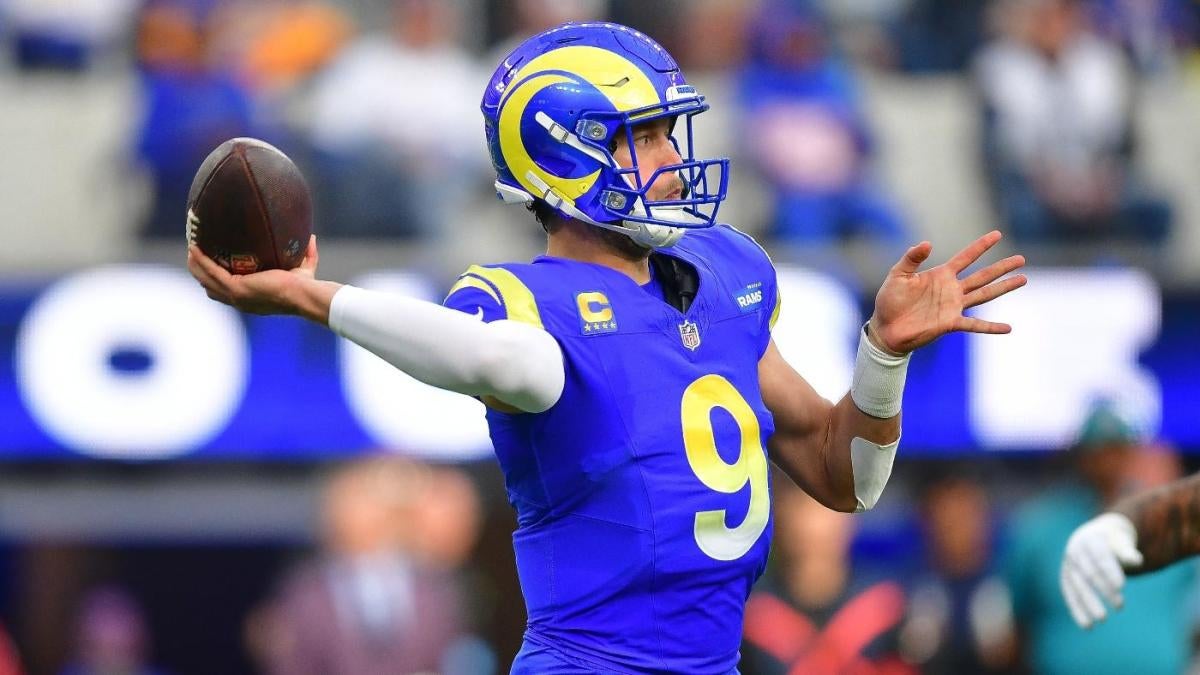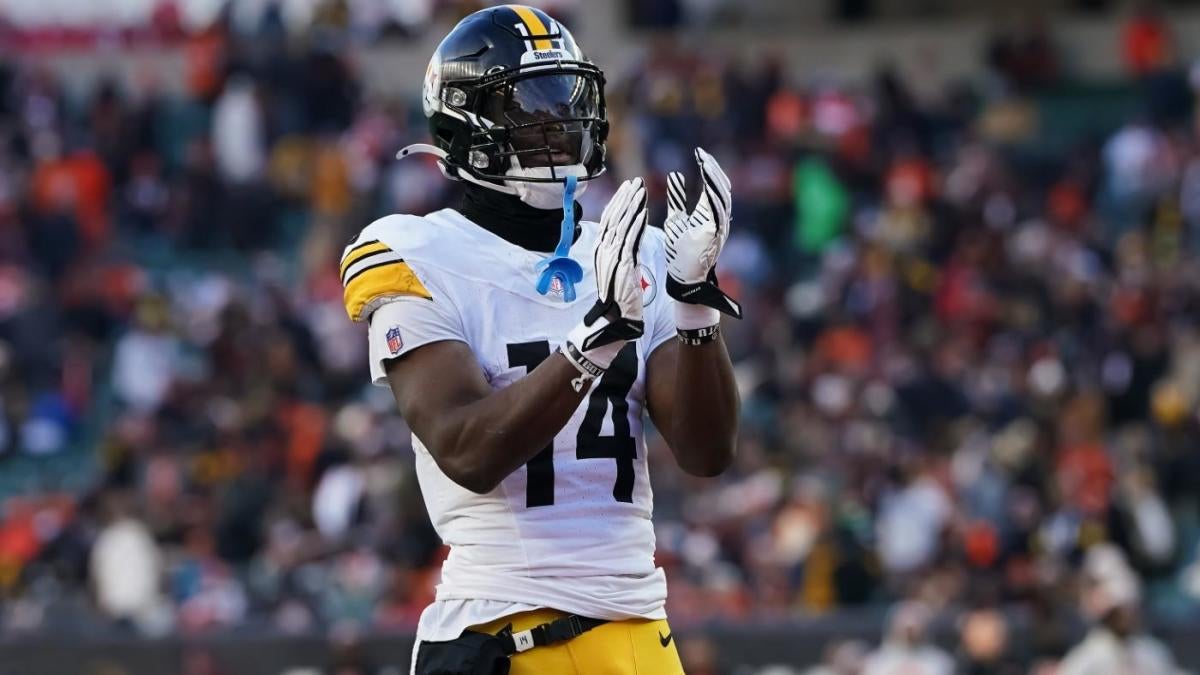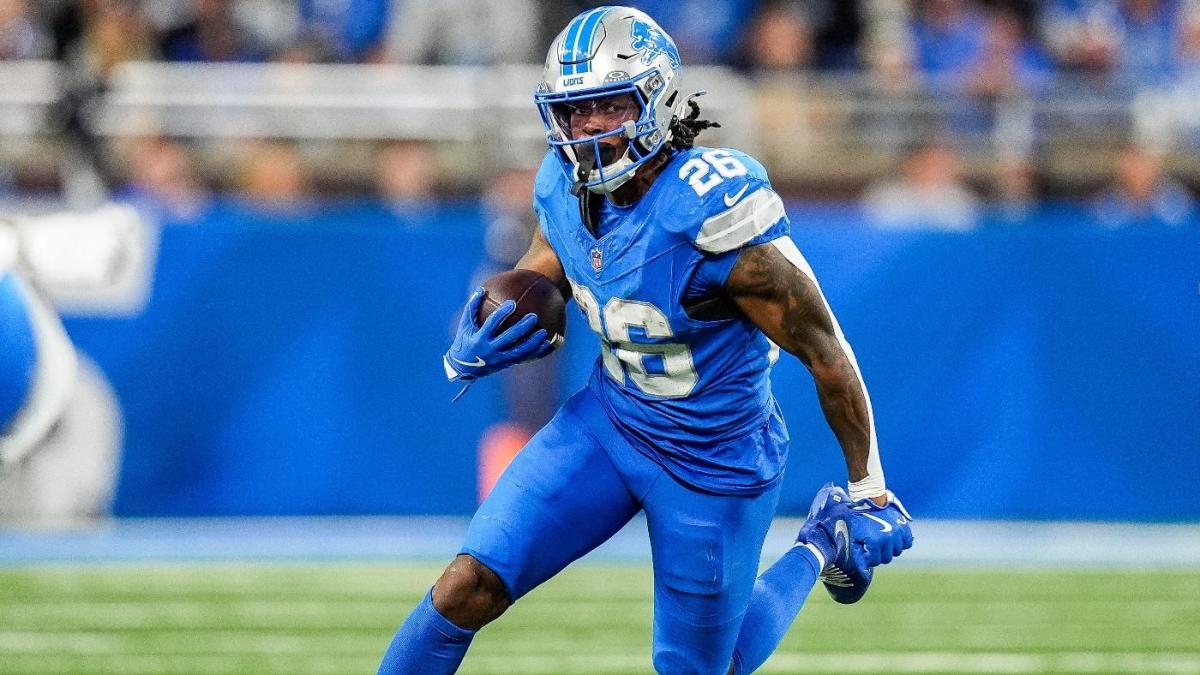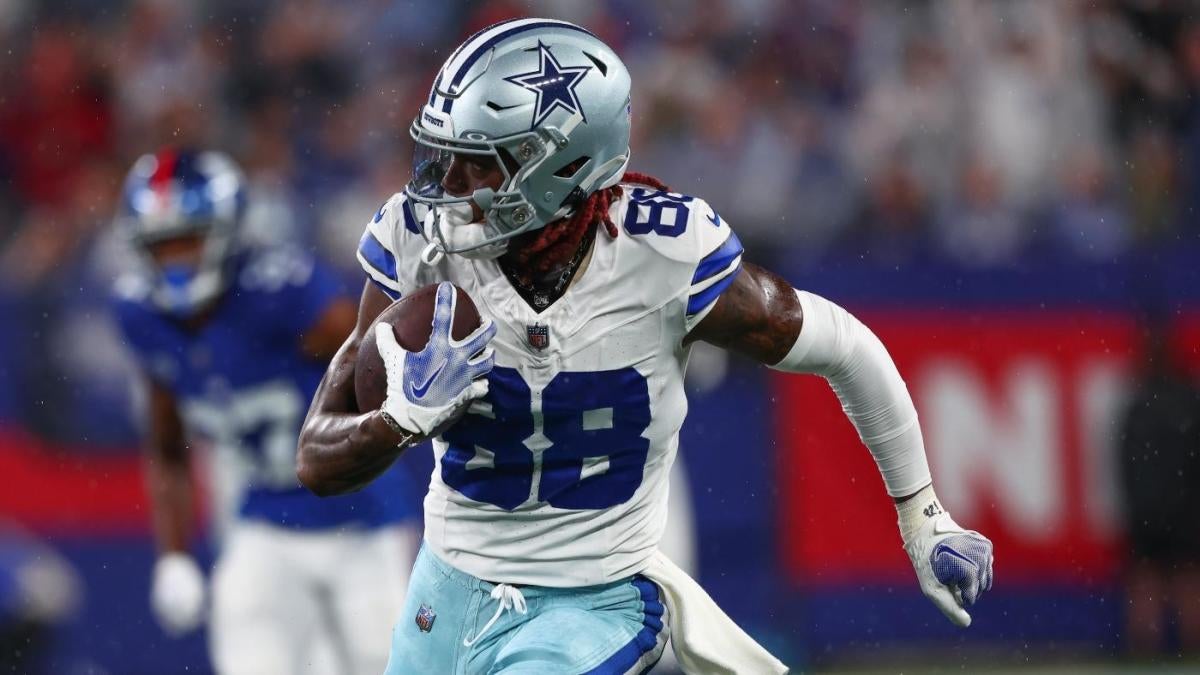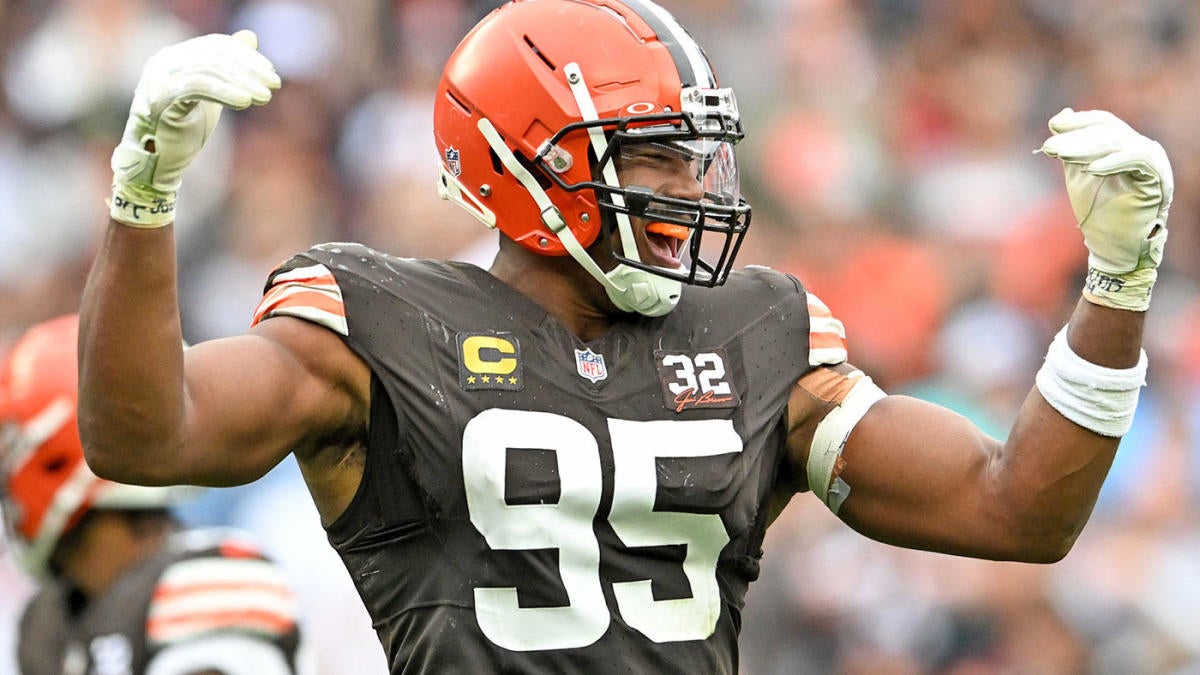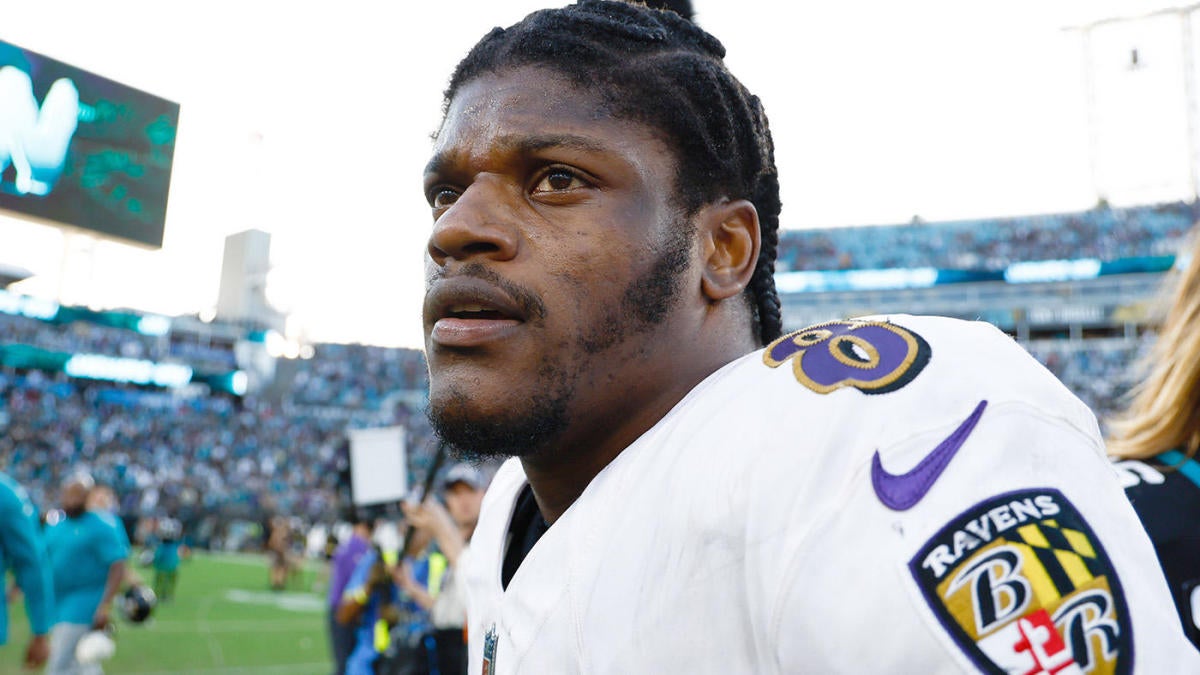

Lamar Jackson should, in theory, be enjoying an abundant market for his services. As a 26-year-old MVP quarterback, the Ravens star is precisely the kind of long-term playmaker NFL teams are quick to compensate — if not wildly overpay — provided they get the chance. But Jackson’s 2023 free agency has been a dud. Even with Baltimore using the non-exclusive franchise tag, which permits all 31 other teams to negotiate with the Pro Bowler, the QB remains unsigned and, to an extent, unwanted.
The Ravens, of course, would be glad to have him back. But they, like the rest of the NFL to this point, have failed to meet Jackson’s demands for a long-term contract. Sure, there are concerns, such as the fact Jackson has missed five games in each of the last two seasons due to injury, or the fact he leans heavily on his legs, or the fact he’s yet to have a truly productive playoff appearance. But the real holdup, as has been well documented, probably lies chiefly with the structure of his preferred contract; ever since Deshaun Watson landed a record five-year, fully guaranteed deal from the Browns last offseason, Jackson has been angling for similar security, and teams are both publicly and privately wary of continuing that trend.
It’s why multiple outlets, from ESPN to NFL Media, have now reported or speculated that Jackson could end up sitting out the 2023 season entirely. There’s no current indication, even from desperately QB-needy teams, that Jackson is a viable target. Jackson, meanwhile, has gone public with a trade request from the Ravens, suggesting he’s already disenfranchised with Baltimore’s efforts to retain him. Assuming neither side budges, the reasoning goes that the QB could simply refuse to sign the tag, avoid penalties for holding out, and attempt to reenter the market in 2024.
Here’s a brief overview of why Jackson should consider this route, and why he shouldn’t:
Why sitting out could work
A year from now, other young MVP types like Joe Burrow, Justin Herbert and Jalen Hurts will presumably have signed their own lucrative deals — some of which could normalize the stronger guarantees Jackson is reportedly seeking in contract talks. And if they don’t? Well then Jackson will have a more realistic model for getting his own money.
He’s also far more likely to be a true free agent, seeing as the Ravens would likely be required to use a second straight franchise tag if they wanted to retain Jackson in 2024. The options then would be: get a nice raise and another offer of guaranteed money from Baltimore despite not taking a single snap the year prior, or hit the market for real, where interested teams wouldn’t have to surrender the two first-round draft picks they’d have to give up this offseason, with Baltimore controlling his rights.
There’s a case to be made, even coming off two straight injury-riddled seasons, that Jackson has more to lose than gain by suiting up for the 2023 Ravens. If he goes down again, his value will decrease ahead of an actual chance to explore the market. Even if he stays upright, can he trust the front office to give him the pass-catching weapons he’s lacked for much of his career? Can he trust new offensive coordinator Todd Monken, who hasn’t held an NFL job since 2019? Deshaun Watson proved, by sitting out all of 2021 amid off-field concerns, that teams will still happily pay for QB talent, even if it’s been shelved for a while. Jackson would still be just 27, and theoretically healthier and more rested than ever, if he waited to suit up until 2024.
Why sitting out could hurt
The most immediate blow would come in the checkbook, as Jackson would be forfeiting a borderline top 10 QB salary — a guaranteed $32.4 million provided by the tag — if he refused to sign and skipped the season. He’d of course also be forfeiting any shot of a multi-year deal with Baltimore, at least until the 2024 offseason, even though the Ravens have apparently been willing to extend him on a top six QB contract.
And here’s the cold reality of the Baltimore situation: As disappointing as the Ravens’ wide receiver investments have been, Jackson’s current team has mostly leaned into his unique strengths as an athlete, prioritizing the run. Head coach John Harbaugh has always wholeheartedly endorsed the QB, his style and his leadership. Jackson knows Baltimore, and Baltimore knows Jackson; so it stands to reason that his best path to earning the deal he wants is proving, once and for all, that he can stay on the field, transcend whatever supporting cast the Ravens provide, and force a team to reward his results come 2024.
There’s also the element of rust. Should Jackson sit out, we have two recent pieces of evidence — in Watson and former Steelers running back Le’Veon Bell, who sat out 2018 instead of playing under the tag — that suggest a year away from the game takes a physical and/or mental toll. If teams aren’t willing to meet Jackson’s demands now, are they going to line up in 2024, knowing he hasn’t played since December 2022 and will presumably be leaving the Ravens system that housed his MVP emergence? And let’s say the next wave of big QB deals from Burrow, Herbert and/or Hurts don’t swing the market in his favor. It’s hard to imagine his best argument for a rich reward would be, “Look at how I finished 2021 and 2022.”
Go to Source
Author: Cody Benjamin
March 30, 2023 | 11:45 am
